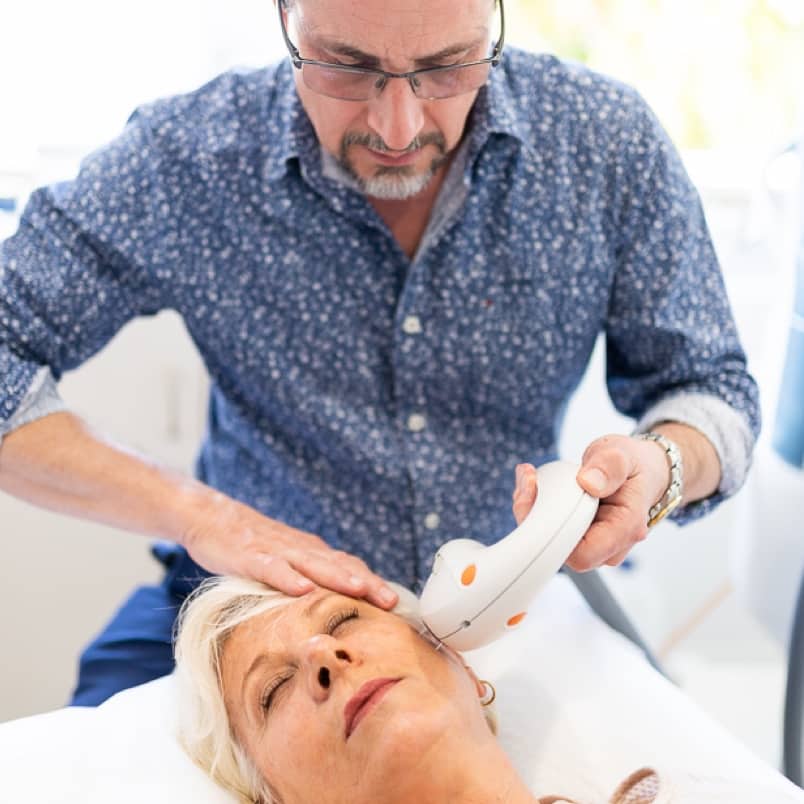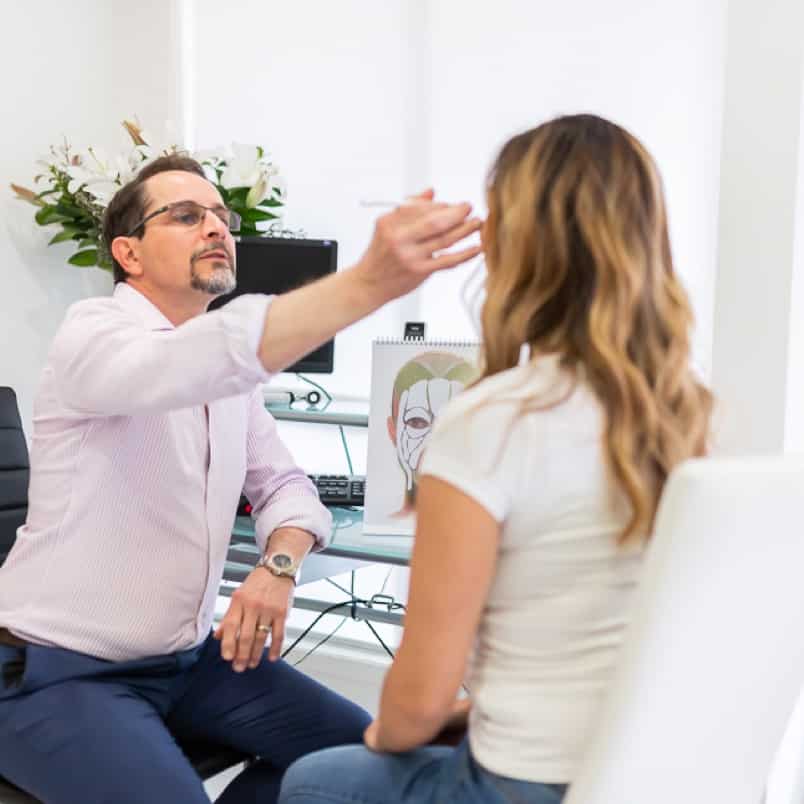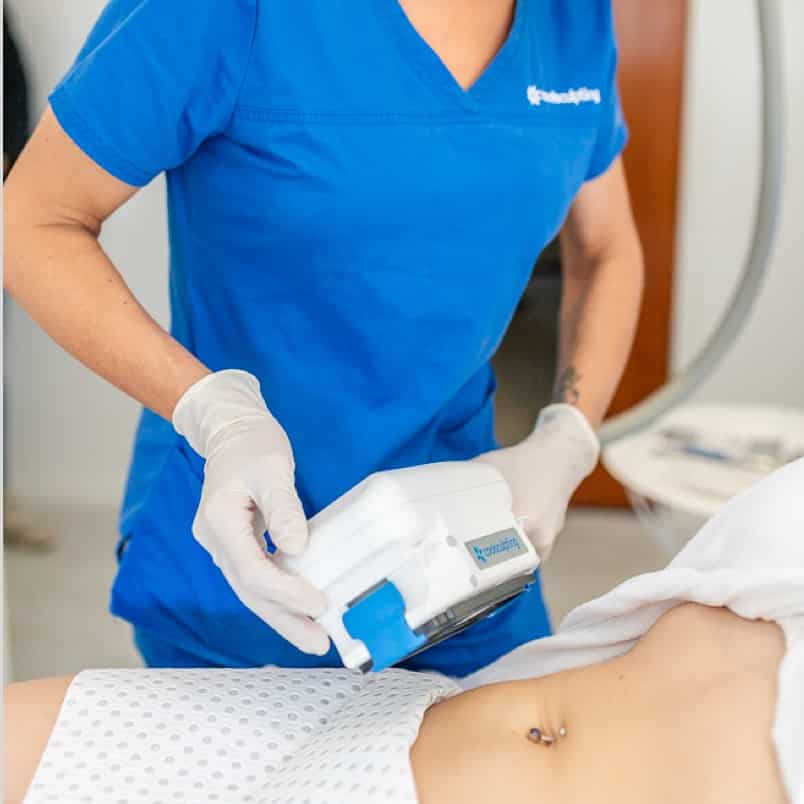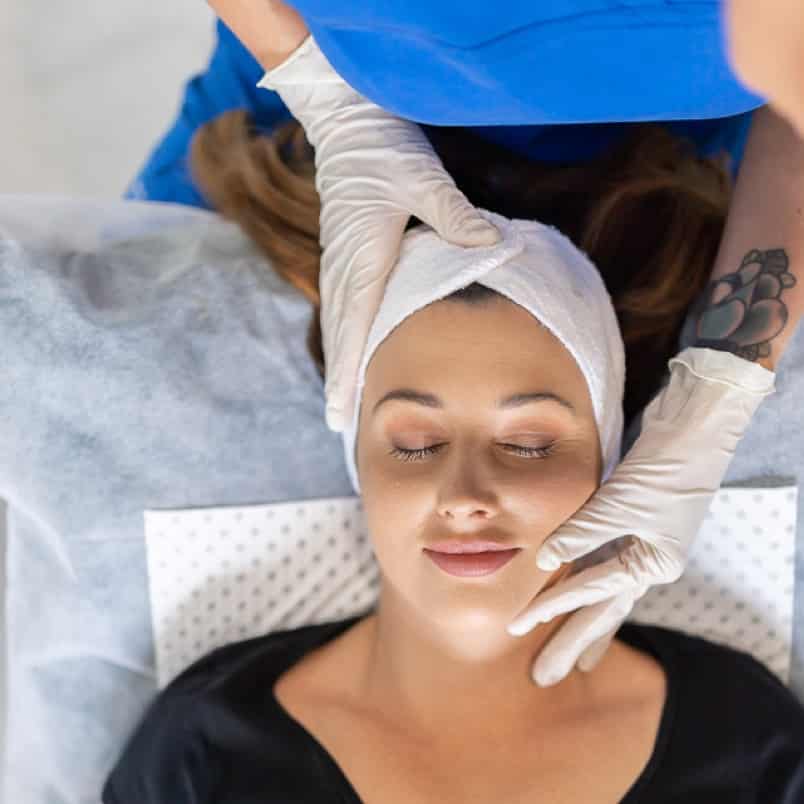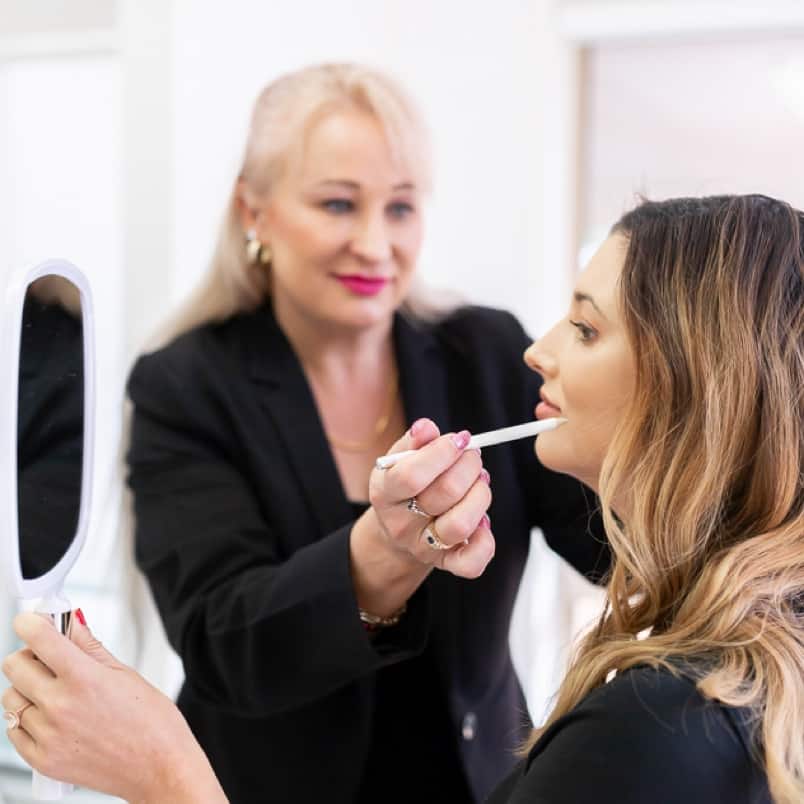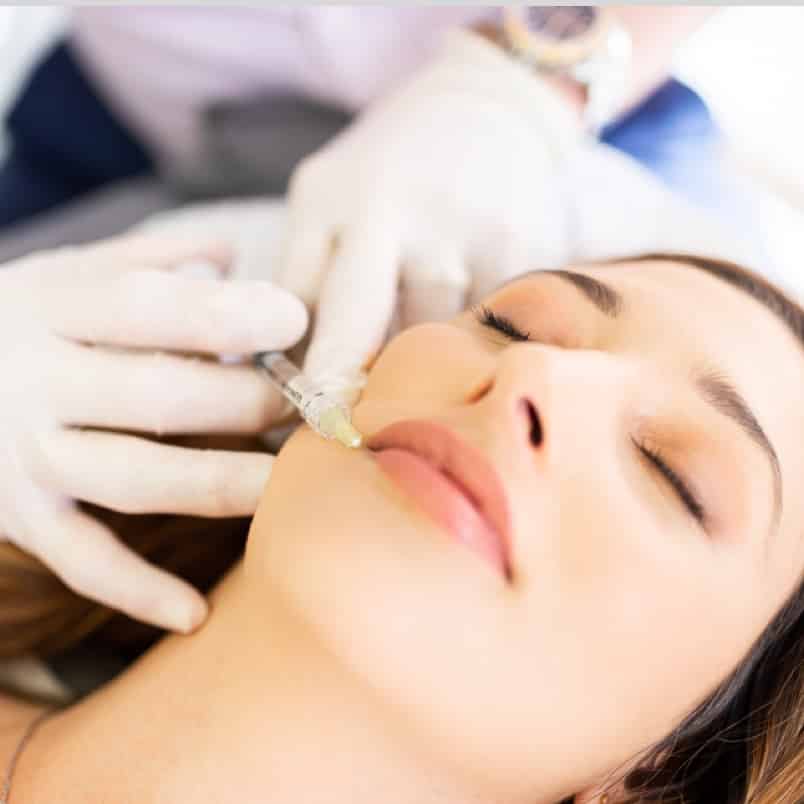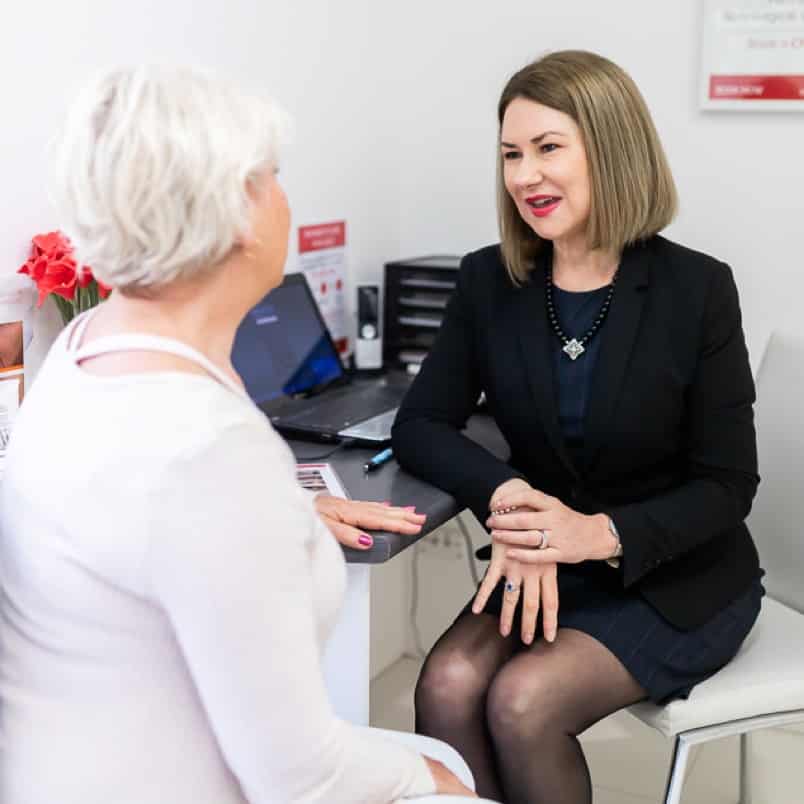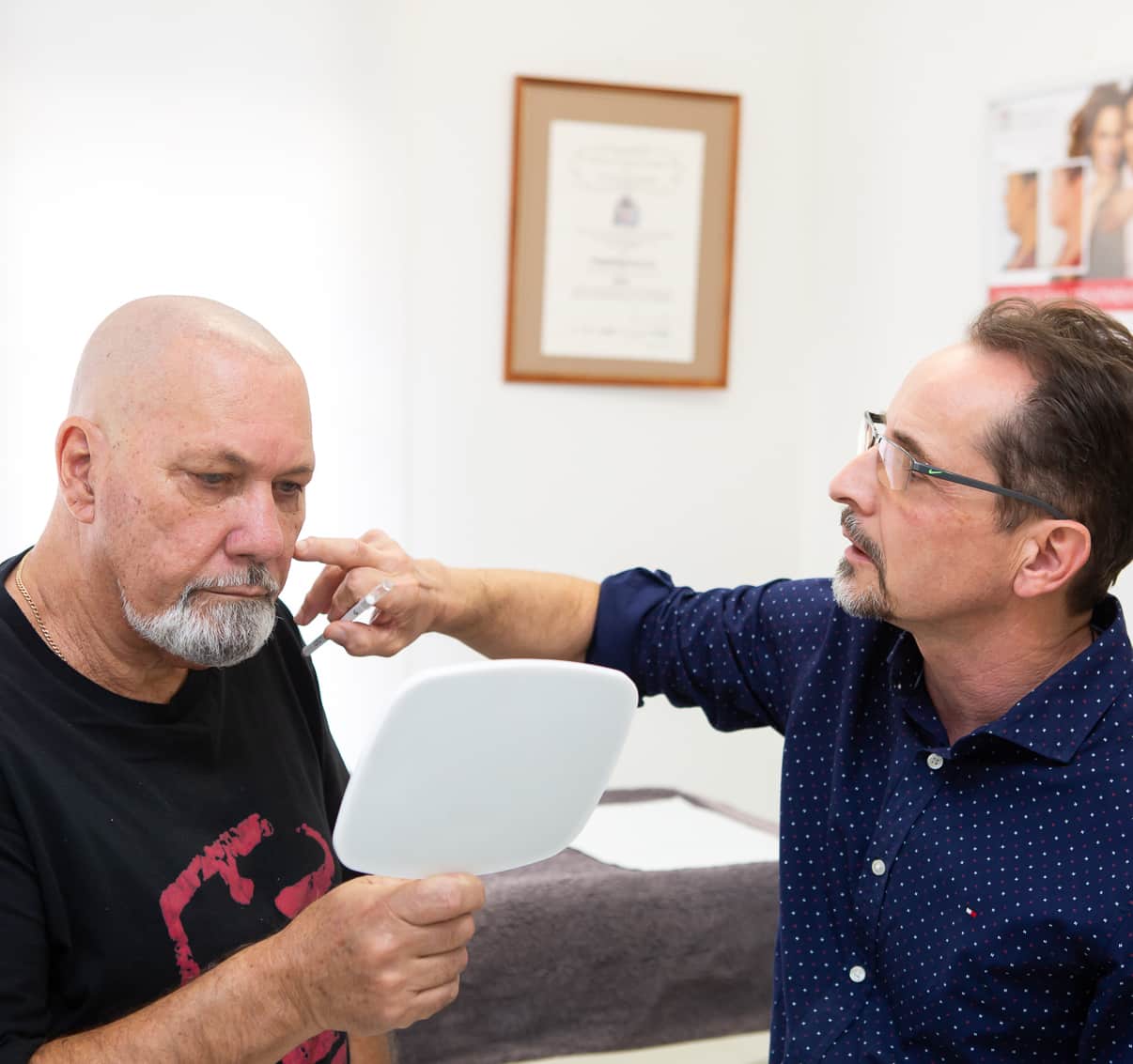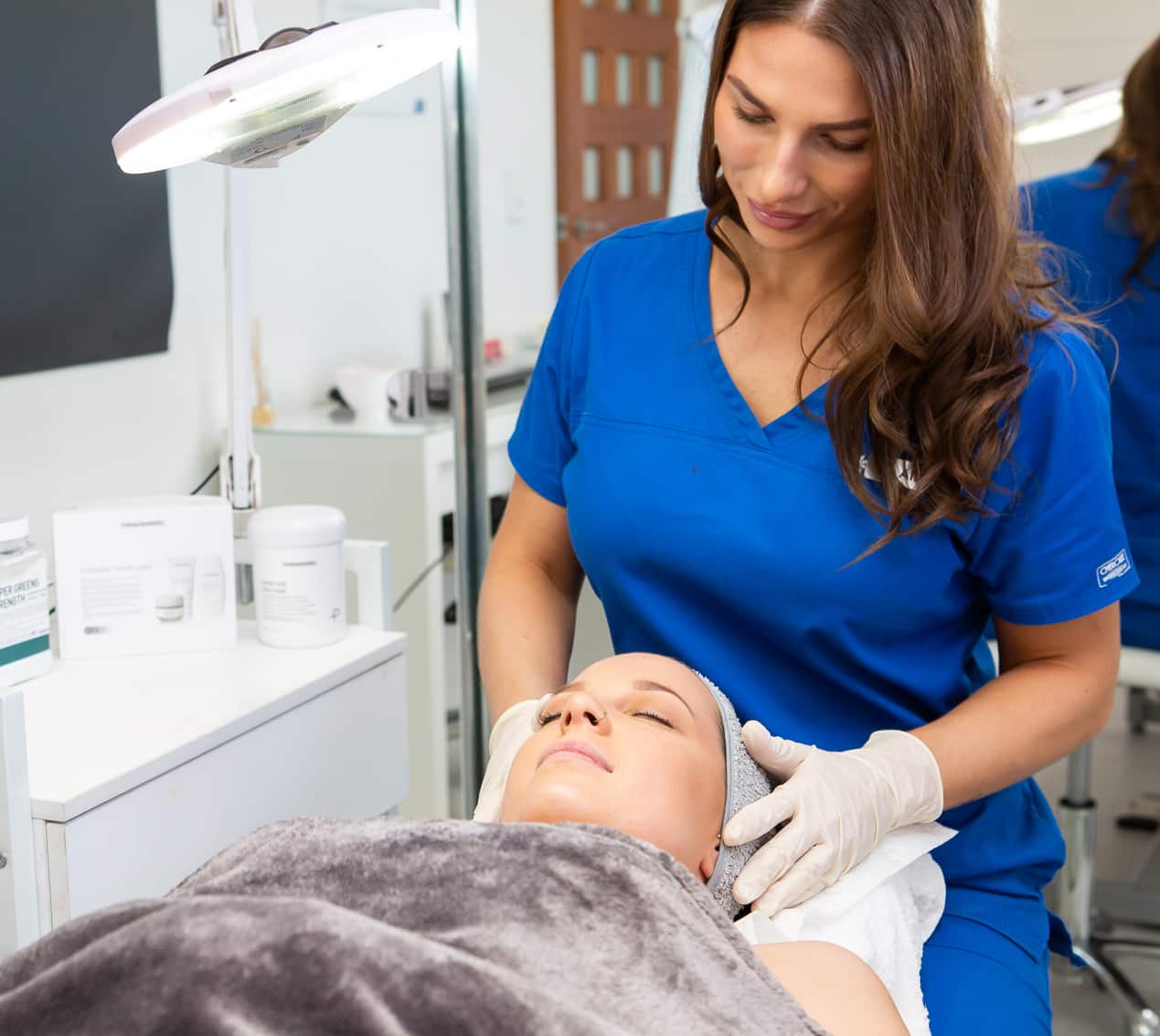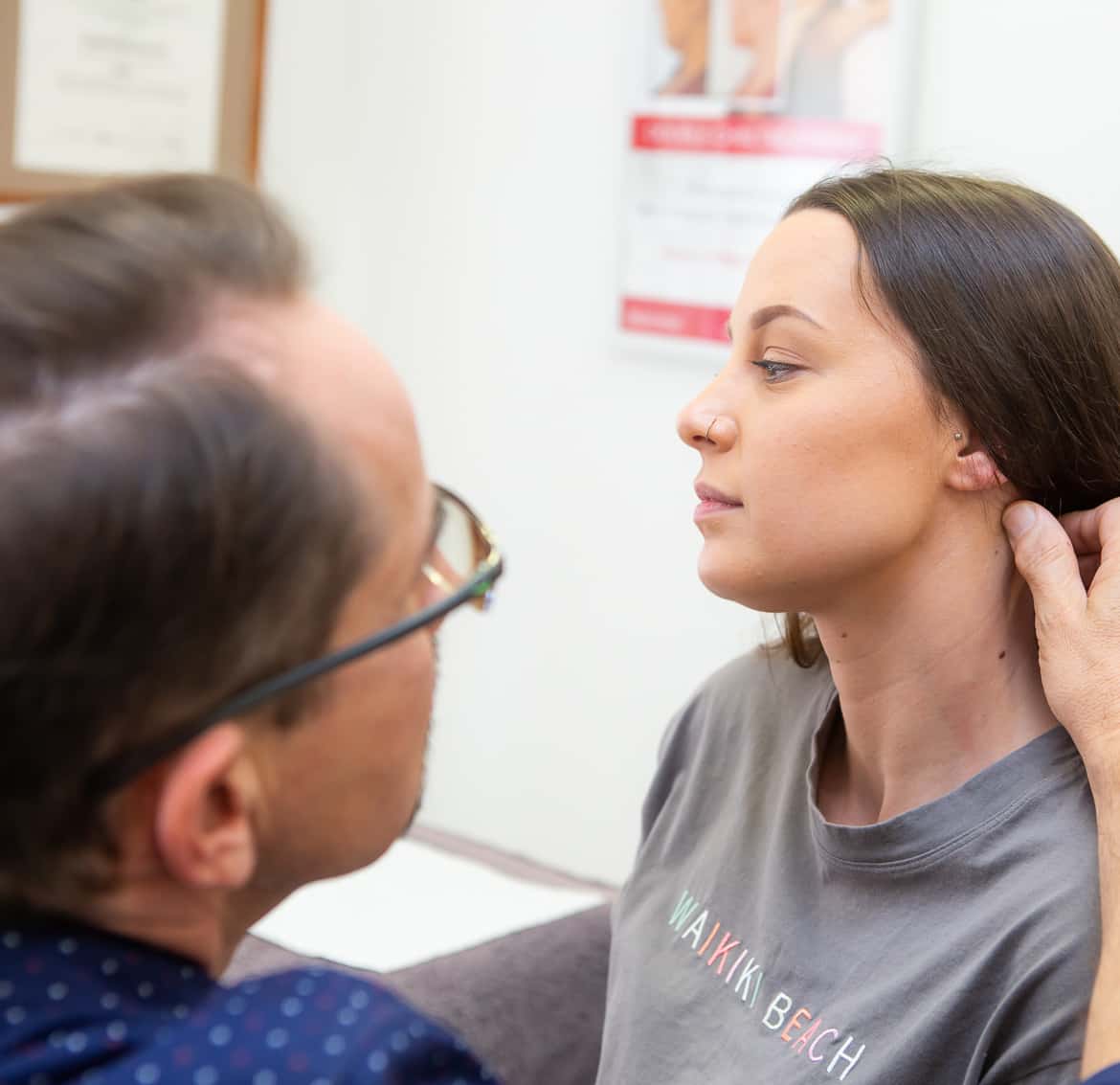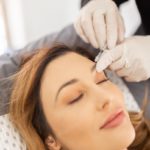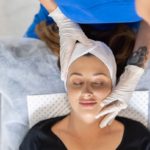Envisage Medical Director Dr Chris Leat Has Advice on Dermal Filler Injections
I have been asked to comment on a segment that aired earlier this week on ACA in Australia.
It concerned a young woman, Mikayla, who suffered side effects from a dermal filler injection to her lip.
The segment discussed some interesting points and highlighted a few important topics.
Very briefly, the story was as follows. Mikayla wished to have some dermal filler placed in her lip. Her usual injector was busy so she visited a well known cosmetic shopping centre clinic .
After the treatment she experienced extreme swelling, pain, ulceration, and extrusion of the filler.
She returned to the Clinic store where she was initially told she had a cold sore. She has never had a cold sore.
The nurse injector then called several doctors who told her it was not a cold sore but it appears that she did not receive other treatment at this time and a diagnosis was not made.
She then visited her GP who told her it was infected and prescribed anti-biotics.
On returning again to the Clinic she feels she was dismissed by their staff and was then given a notice banning her from the store under threat of security or police action.
The clinic advised her that they “followed all appropriate clinical procedures mandated by the Clinic’s Medical Advisory”.
It is certainly most likely that Mikayla suffered an intra-vascular injection of dermal filler causing some necrosis of her lip.
In other words some filler was injected into a blood vessel and blocked it, causing a part of her lip to lose its blood supply and essentially die.
The primary concern here, as highlighted by the medical experts, is that dermal fillers are prescription drugs.
All prescription drugs carry some degree of risk, and obviously dermal fillers injected into the face are no exception.
One of these risks is injection into blood vessels, and this should be explained before any procedure is performed. If it occurs it should be diagnosed and treated at the earliest possible time, with an injection of an enzyme to dissolve the filler.
When this is done promptly generally side effects are temporary and minimised.
It would appear that this did not happen in this instance. Instead the patient was forced to see their GP who does not usually have the specialised knowledge or medication available to treat the condition, and then most likely mis-diagnosed as infection.
Generally speaking dermal fillers are safe procedures and serious side effects are very rare, but they can and do happen, even in the most experienced of hands.
The important thing is that there should always be a doctor experienced in Cosmetic Medicine available, ideally onsite or at least close by, to manage any side effect in person.
Video calls and photographs are often, in my experience, inadequate when it comes to examining side effects of treatments.
Unfortunately the plethora of commercial and chain clinics, and independent nurse injector clinics, usually do not have the services of an experienced doctor on-site, and utilise doctors often in other states who may or may not have any real experience in the treatments being performed and the management of any side effects.
As ACA said this is a legal loop hole that many doctors feel should be closed.
Quite simply patients’ wellbeing is being put at stake for the sake of some business income.
Lastly I am not impressed with the way this patient was treated when she returned to the clinic.
If a patient has had any side effect of treatment, especially a significant one such as this, then it is your duty as the treating doctor to do everything in your power to take care of them.
Instead this patient certainly feels she was dismissed by the staff, and blamed for the side effect.
This highlights a difference in ethics and business practice between a qualified doctor and a commercial operation.
My recommendations would be;
Find a cosmetic clinic that you can trust, and then don’t go elsewhere just because you can’t get in as quickly as you want, or because of some cheap special price elsewhere.
There is probably a reason your preferred clinic is busy, and cheap specials do not always end up being as worthwhile as they appear.
If the clinic is good they should discuss alternative treatments in general with you and decide with you the most appropriate course of action.
Make sure that your clinic has an experienced and qualified local doctor on site or directly involved in your care.
Try to find a specialised cosmetic clinic and steer clear of large commercial operations, chain and franchise clinics, and clinics staffed solely by nurses.
Understand that side effects can occur even in the most experienced of hands, but that the important thing is that you will be able to make contact with your treating or prescribing doctor at any time, even after hours.
My mobile number is always available on our clinics answering machine for urgent concerns.
Remember it is your face that we are discussing here.
You would think before taking your car to a mechanic just because they are very cheap, so think twice before taking your face to a clinic just because they are convenient or cheap.
Article by Dr Christopher Leat – Medical Director Envisage Clinic Benowa
Dr Christopher Leat – Medical Director Envisage Skin Clinic Founder and Director.
Dr Christopher Leat has 33 years’ experience in Medicine and is a member of The Royal College of Physicians of London.
Dr Leat has devoted the last 18 years to Cosmetic Medicine and is recognized throughout Australia as one of the most experienced doctors in the field of Cosmetic Medicine.



